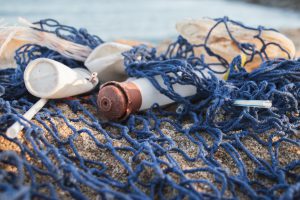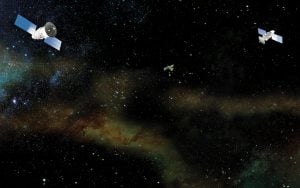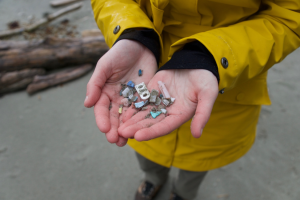Say goodbye to plastic bags, straws and cutlery: the federal government announced its list of single-use plastics set to be banned by the end of 2021 — and none of those items made it through.
As promised in 2019, the specific-item ban will be nationwide, as part of the government’s steps to achieve zero plastic waste by 2030. Plastic grocery bags, straws, stir sticks, six-pack rings, cutlery and food containers are all on the chopping block.
As part of the ban, there will be new regulations put in place for plastics manufacturers — including a minimum percentage of recycled ingredients, and guidelines for measuring that proportion.
A report on Canadian single-use plastics found that in 2016 29,000 tonnes of plastic garbage — about 2.3 billion single-use plastic water bottles — ended up as litter.
Nova Scotia’s plastic bag ban goes ahead
While the COVID-19 pandemic initially sparked doubts as to whether it was the right time to ban plastic bags in provinces that had previously planned bans, some bans are still going ahead.
Nova Scotia’s plastic bag ban begins on October 30, after the Plastic Bag Reduction Act was passed last year. Businesses will be permitted to offer paper or reusable bags, but plastic bags will no longer be permitted.
Prince Edward Island and Newfoundland and Labrador already instituted plastic bag bans.
Scientists develop “super enzyme” to break plastics down faster
An international team of scientists have developed a “super enzyme” which would break plastics down into their original “building blocks” to be recycled — again and again.
The team at NERL and at the University of Portsmouth discovered a naturally-occurring enzyme called Ideonella sakaiensis in a waste recycling centre in Japan. The enzyme was helping to break down polyethylene terephthalate, a plastic used to make water bottles and food packaging.
The process was slow in its natural state — it takes hundreds of years to break down a single water bottle. So, scientists added amino acids — the tiny compounds that make up proteins — to speed it up, which meant that one water bottle could be broken down in just a couple of months.
Floating garbage cans in the Great Lakes






